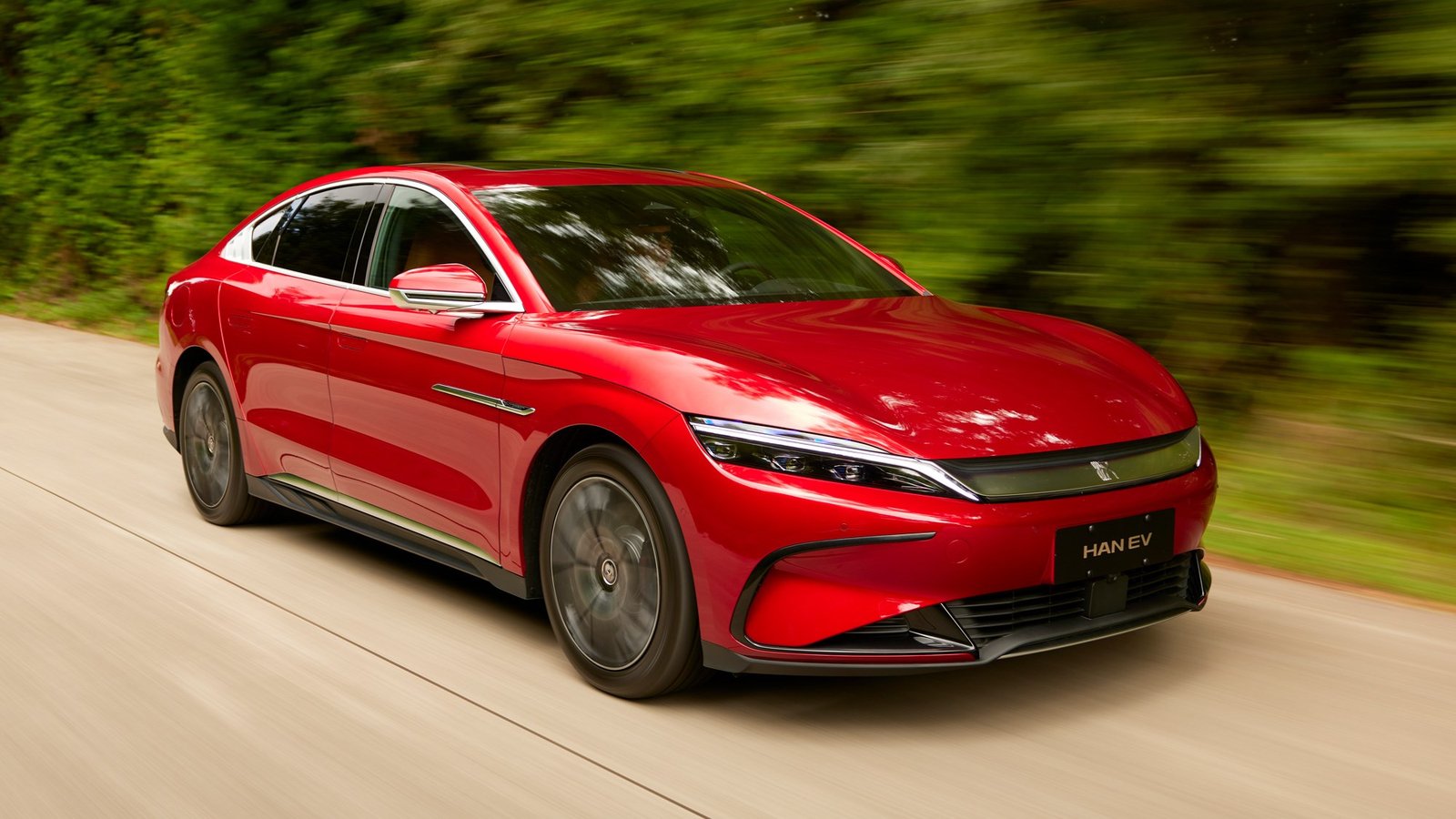

Should Africa Embrace Chinese Electric Cars?
The electric car revolution is making waves across continents, and Africa, with its enormous potential for renewable energy and a burgeoning need for cost-effective transportation solutions, is firmly in the spotlight. In this landscape, the Chinese car industry emerges as a global giant swiftly asserting its dominance in the electric vehicle (EV) market. As African nations consider embracing this transformative shift towards sustainable and eco-friendly mobility, a lingering question resonates: Is it judicious for Africa to welcome Chinese EVs onto its roads?
China’s Electric Empire:
In recent years, China’s automotive industry has undergone an impressive surge, reaching the pinnacle of global car production in 2009 and steadfastly maintaining its leadership position in the electric vehicle (EV) realm since 2015. The impact of this ascent is particularly evident in the year 2022, where China emerged as the powerhouse behind the production of over 6.5 million EVs, constituting more than half of the global output. Esteemed companies such as BYD, NIO, and Geely have become synonymous with innovation in the EV landscape, capturing attention with cutting-edge technologies and embarking on ambitious expansion plans that resonate on a global scale.
Competitive Edge:
Chinese electric vehicles (EVs) carry numerous advantages that could appeal to African consumers. Foremost among these is affordability, a compelling draw for many. Leveraging lower production and labor costs, Chinese EVs frequently boast a notably more budget-friendly price point compared to their Western counterparts. Furthermore, the Chinese government’s subsidies play a pivotal role in reducing costs, heightening the competitiveness of these vehicles.
Beyond cost considerations, Chinese manufacturers showcase a commendable ability to adapt to diverse markets. Their extensive portfolio encompasses a wide array of EV models tailored to cater to varied needs and budgets. From economical city cars to robust SUVs designed for navigating Africa’s diverse terrains, Chinese EVs present a versatile range of options for consumers.
Africa’s Electrifying Opportunity:
For Africa, embracing EVs aligns with ambitious decarbonization goals and fosters energy independence. With abundant sunshine and wind resources, the continent can power its EV fleet with renewable energy, reducing reliance on fossil fuels and combating climate change. Additionally, EVs can bring cleaner air and quieter streets to bustling African cities.
Charging Challenges:
Despite the allure, challenges await. Building adequate charging infrastructure is crucial, and Africa currently lags behind in this aspect. Range anxiety, where drivers fear running out of charge before reaching a station, could be a major deterrent. Additionally, navigating spare parts availability and servicing networks for foreign brands requires careful consideration.
Conquering the Roadblocks:
To surmount these challenges, fostering partnerships between Chinese manufacturers and African governments emerges as a pivotal strategy. Collaborative efforts can expedite the development of charging infrastructure, offer essential training for local technicians, and establish robust and reliable supply chains. Additionally, a strategic focus on locally assembling electric vehicles (EVs) holds the potential to generate employment opportunities and stimulate growth in local economies. Such partnerships, rooted in mutual collaboration, stand poised to address the unique challenges and opportunities that the adoption of Chinese EVs presents in the African context.
Conclusion:
The decision to embrace Chinese electric vehicles (EVs) in Africa is nuanced and not a binary one. Balancing the compelling advantages of affordability, adaptability, and the promise of cleaner energy against the challenges posed by infrastructure and maintenance demands meticulous consideration and a collaborative approach. Through strategic partnerships and targeted investments, Africa has the opportunity to leverage the potential of Chinese EVs, charting a course toward a sustainable and electrified future on its roads. The path forward necessitates both caution and foresight, but the destination—a cleaner, greener, and more mobile Africa—holds the promise of being truly electrifying.
Add a comment Cancel reply
Categories
- Car Gadgets (17)
- Car News (33)
- Car Reviews (43)
- Car Wars (7)
- Mechanicals (32)
- Uncategorized (2)
Recent Posts
About us

Popular Tags
Related posts


The New Car Smell: What you need to Know

The Drawbacks of Stretched Sedans: Cruising in Comfort or Compromising Convenience?








